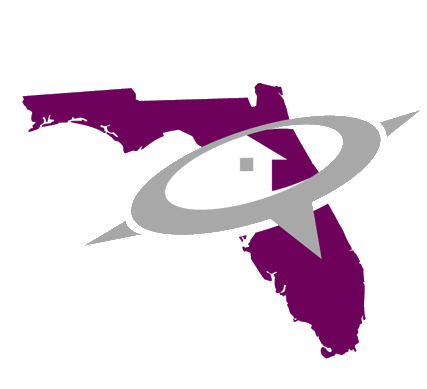If you’re like most people, you will need to obtain a mortgage to finance the purchase of your next home. As a home is one of the most expensive items that you will acquire in your adult life, it is important that you perform your due diligence when selecting a loan product. Let’s take a look at the types of questions you should ask your lender to maximize the odds that you choose a mortgage that meets your needs.
What Are the Requirements to Obtain a Particular Loan?
Generally speaking, you’ll need a credit score of at least 640 to qualify for most types of conventional loans. Furthermore, conventional lenders typically require you to make a down payment of at least 20% as a condition of loan approval. However, it may be possible to obtain approval for an FHA loan with a credit score of at least 550 and a down payment of 3.5%.
Regardless of the type of mortgage that you apply for, you’ll need to show proof of steady employment and income. You’ll also need to verify that your debt-to-income ratio won’t exceed 50% after accounting for your mortgage payment.
Can You Help Me Estimate the Overall Cost of My Loan?
In addition to the principal balance, your mortgage consists of taxes, lender fees, and other costs. It is important to get a detailed list of these extra expenses before signing loan paperwork. It is also a good idea to ask if a lender imposes a penalty for paying off your loan early. This is important because it may make it more difficult to refinance your mortgage if market conditions change.
Are Financial Assistance Programs Available to Borrowers Like Me?
In most cases, there are several different ways to reduce the amount that you have to pay at closing. For instance, the seller can contribute up to 6% of your total closing costs. If you obtain a government-backed mortgage, other parties such as a friend, family member, or colleague are allowed to provide down payment assistance.
Finally, there may be local, state, or federal programs available to first-time buyers that will provide closing costs, down payments, or other forms of assistance to make purchasing a home more affordable. Government programs may also be available to individuals who are designated as low-income.
It’s critical that you ask as many questions as possible before agreeing to take money from a lender. It’s also a good idea to talk to as many different lenders as possible before choosing a mortgage lender to partner with. Doing so may help you save thousands of dollars off the cost of your loan, which may make it easier to pay it off in less than three decades.


